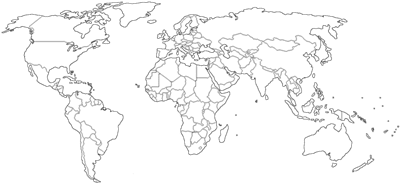|
Summary:
Utm Firewall License Renewal And Technical Support Country:
Jordan
Notice Type:
Tender Notice Deadline:
22 Apr 2024 Posting Date:
15 Apr 2024 |
|
Summary:
Cleaning Services For The Telecommunications Regulatory Authority Building Country:
Jordan
Notice Type:
Tender Notice Deadline:
29 Apr 2024 Posting Date:
15 Apr 2024 |
|
Summary:
Purchasing Pickup Vehicles For The Customs Department Country:
Jordan
Notice Type:
Tender Notice Deadline:
17 Apr 2024 Posting Date:
15 Apr 2024 |
|
Summary:
Hormone Detectors Country:
Jordan
Notice Type:
Tender Notice Deadline:
22 Apr 2024 Posting Date:
15 Apr 2024 |
|
Summary:
Traffic Safety Works For Roads In Zarqa Governorate Country:
Jordan
Notice Type:
Tender Notice Deadline:
28 Apr 2024 Posting Date:
15 Apr 2024 |
|
Summary:
Buying Asycuda Covers, Folders And Files Country:
Jordan
Notice Type:
Tender Notice Deadline:
06 May 2024 Posting Date:
15 Apr 2024 |
|
Summary:
Buy Different Publications Country:
Jordan
Notice Type:
Tender Notice Deadline:
06 May 2024 Posting Date:
15 Apr 2024 |
|
Summary:
Central Bid No. (26/2024) Regarding The Construction Of Housing For Wadi Al-Yatum Customs Employees / Aqaba Governorate Country:
Jordan
Notice Type:
Tender Notice Deadline:
17 Apr 2024 Posting Date:
15 Apr 2024 |
|
Summary:
Upgrade Khaw Pump Station Country:
Jordan
Notice Type:
Tender Notice Deadline:
17 Apr 2024 Posting Date:
15 Apr 2024 |
|
Summary:
Purchasing leather folders for graduates’ certificates (12,000) for three years Country:
Jordan
Notice Type:
Tender Notice Deadline:
08 May 2024 Posting Date:
15 Apr 2024 |

Most trusted source for Tendering Opportunities and Business Intelligence since 2002